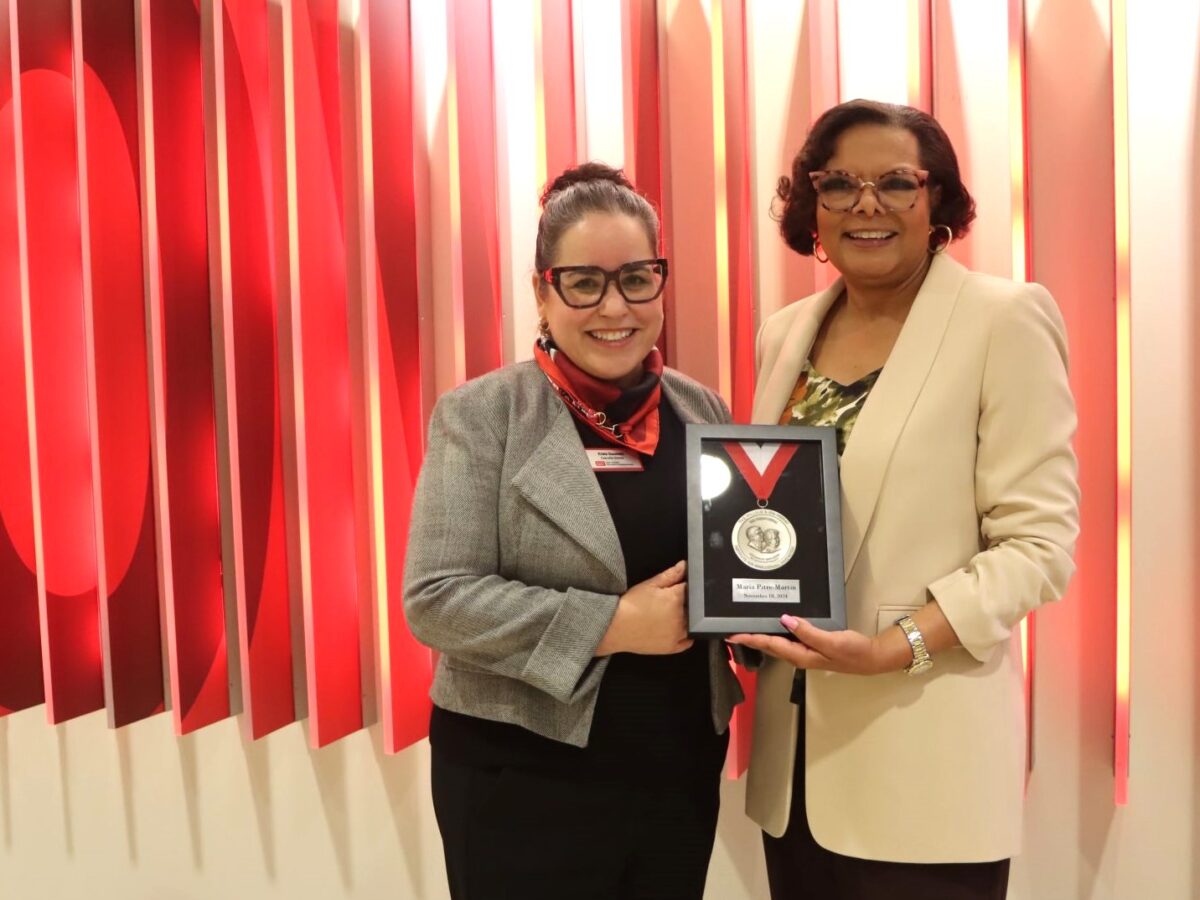Bringing Competency-Based Education to North Carolina: An Innovative Answer to Some of Education’s Biggest Challenges
FOR IMMEDIATE RELEASE
May 7, 2015
Raleigh, N.C. – Competency-based education could transform the lives of North Carolina’s students, but would require a systemic and sustained change in the state’s approach to how students progress through school, according to a new conceptual framework released jointly by the Friday Institute for Educational Innovation at NC State University and North Carolina New Schools. The report follows a work session convened by the two groups with national and state competency-based education (CBE) experts late last year to understand how other states have made CBE work and to explore whether it might be the right fit for North Carolina.
Competition in the global marketplace, coupled with lagging proficiency in college and career readiness, has accelerated the need to embrace innovative methods of educating students, particularly those from economically disadvantaged backgrounds. For any educational innovation to be impactful, it must be student-centered and personalized. To meet these demands, states like New Hampshire and Maine have implemented (CBE) practices within their K-12 systems – with early success.
Under a CBE provision, students are awarded credit in a course when they have demonstrated a sufficient level of understanding in that subject, without requiring classroom instruction for a certain amount of seat time. The potential for CBE is enormous, but implementing such a broad change in educational ideology is daunting.
“The traditional education system is based on moving students through school and a curriculum regardless of whether they learned it. Competency-based learning, however, is about redesigning schools so that instruction is personalized and education is student-centric,” said Angela Quick, senior vice president of NC New Schools.
Mary Ann Wolf, director of digital learning at the Friday Institute, agreed: “A competency-based approach takes advantage of digital learning, allows students to progress at the pace that allows them to reach their potential while ideally providing multiple approaches and strategies for learning along the way.”
Competency-based education utilizes content that is personalized, thereby challenging students based on their unique skills and needs. Additionally, CBE encourages the use of authentic assessments, including project-based tasks. CBE could also lead to the expanded use of out-of-school opportunities, including work-based learning strategies that better prepare students for careers.
This conceptual framework presents a vision for competency-based learning in North Carolina and examines policy enablers and potential barriers to its implementation. The paper concludes with a discussion of recommendations for expanding competency-based learning in the state. The paper can be downloaded at http://go.ncsu.edu/cbe_concept_paper.
North Carolina New Schools is a professional services agency focused on developing high-performing schools and school districts. Since 2003, NC New Schools has partnered with districts, higher education, businesses and communities in every region of the state to ensure that all students graduate ready for college careers and life. For more information, visit ncnewschools.org and follow us on social media @ncnewschools.
The Friday Institute for Educational Innovation at the North Carolina State University’s College of Education conducts research, develops educational resources, provides professional development programs for educators, advocates to improve teaching and learning, and helps inform policy-makers, all centered on innovations that will help prepare K–12 students for college, a career, and citizenship in the global information age. For more information, visit us at fi.ncsu.edu and follow us on social media @fridayinstitute.
Contact: Dave Frye
Friday Institute for Educational Innovation
dafrye@ncsu.edu
(919) 513-8502
Contact: Cyndi Soter O’Neil
North Carolina New Schools
coneil@ncnewschools.org
(919) 949-4758
# # #
- Categories:


